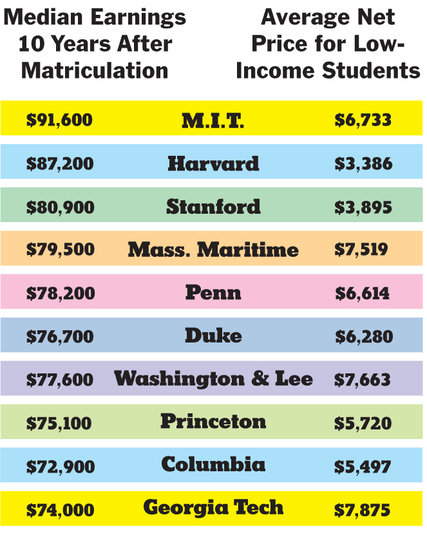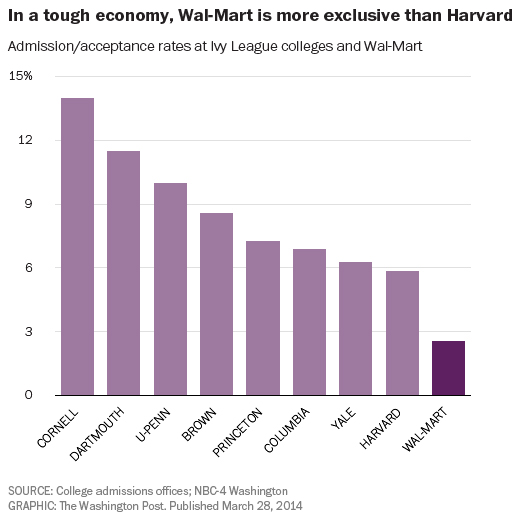No changes to the CA essay prompts for the upcoming admissions cycle; yay!
Most of my students disregard the prompt when thinking about their essay, but when it comes time to submit end up categorizing it as #1. See all five options below. Time for juniors to start brainstorming!
2016-2017 Essay Prompts
1. Some students have a background, identity, interest, or talent that is so meaningful they believe their application would be incomplete without it. If this sounds like you, then please share your story.
2. The lessons we take from failure can be fundamental to later success. Recount an incident or time when you experienced failure. How did it affect you, and what did you learn from the experience?
3. Reflect on a time when you challenged a belief or idea. What prompted you to act? Would you make the same decision again?
4. Describe a problem you’ve solved or a problem you’d like to solve. It can be an intellectual challenge, a research query, an ethical dilemma – anything that is of personal importance, no matter the scale. Explain its significance to you and what steps you took or could be taken to identify a solution.
5. Discuss an accomplishment or event, formal or informal, that marked your transition from childhood to adulthood within your culture, community, or family.
[image]


